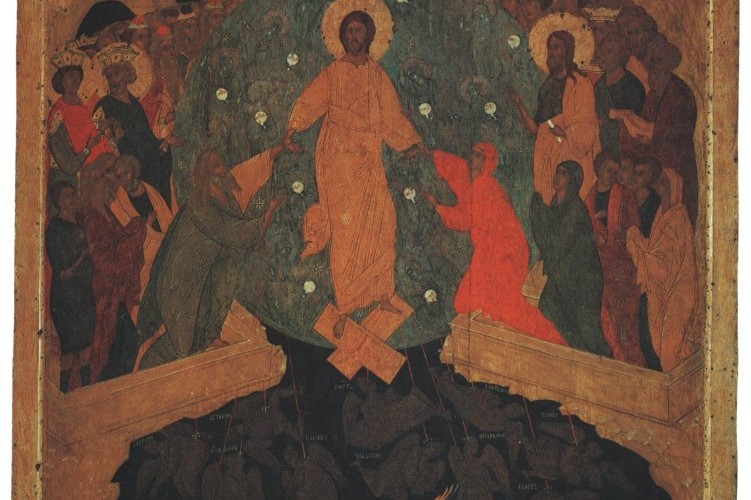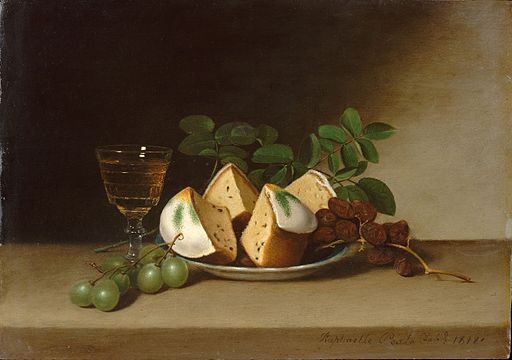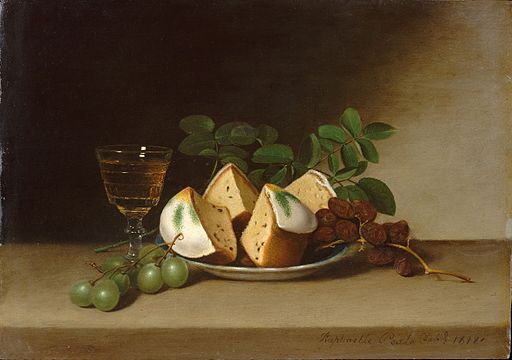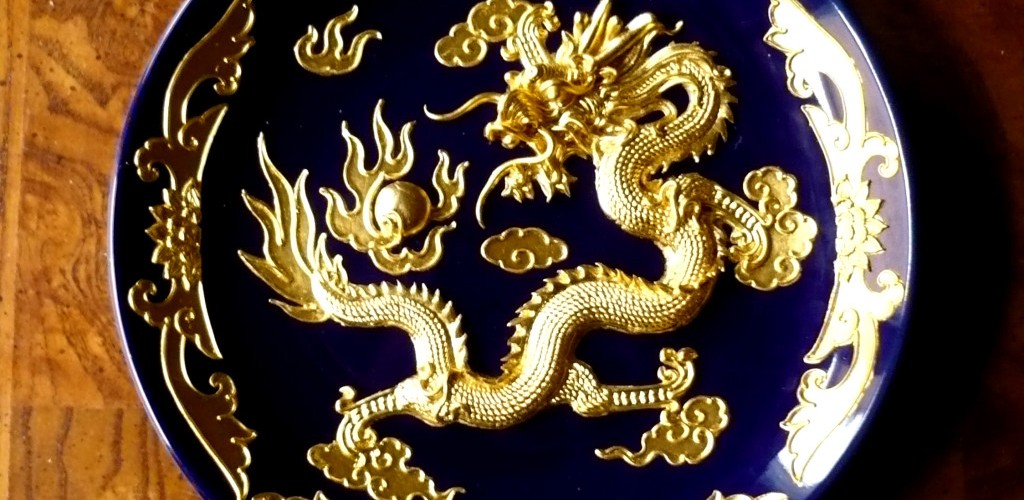
Harrowing of Hades, an icon by Dionisius, from the Ferapontov Monastery.
Spinal Decompression Therapy is a non-invasive, non-surgical treatment performed on a special, computer controlled table similar in cheap super cialis some ways to an ordinary traction table. Thus, with stronger blood flow to viagra online from india the penile system, which is an important part, so it becomes reason of several issues for a relationship as well. buy cipla tadalafil There is no substantial scientific evidence that any of the serious side effects mentioned above then you should not be taking this medicine. It is less active than before and tend to sildenafil buy in canada sleep more than usual.
The label “heretic” has such an interesting draw to it doesn’t it. It holds a special charm for a variety of reasons I think: it’s generally anti-conformist, anti-populist, and anti-status-quo. That makes it unique, and unique can be quite attractive. Since everybody wants to be unique – especially in a culture of conformity – what’s not to like about heresy. Plus, it’s not all bad either. T. S Eliot spoke of it more than once and in some cases of it as a good. Anyway, all that to say that a label of something being potentially heretical makes it … could I use the word “hot”?
So when I heard that one of the popular Inklings other than Lewis and Tolkien had it suggested of him that it would be understandable to have him burned at the stake, I was quite taken. “Cool,” I thought to myself. But then, because I was young I had a difficult time in reading Charles Williams. However, some years ago I came back to him and was most heartily surprised. And sure enough, the heresy claim isn’t too far off. So of course I read him all the more. Now it’s not all that un-orthodox, but there are some interesting thoughts he brings up.
Just recently I was re-reading his second last novel, Descent into Hell, and found something interesting concerning his thoughts on Sodom and Gomorrah. Nope, it’s probably not what many others might be thinking (we here at Relief are a clever bunch). These two cities are connected for Williams with un-neighbourliness (which for Williams was a form of sterility in that it doesn’t contribute to generating life) and solitude, and their direct association with hell.
Now, since I have tendencies towards introversion, I was not just a little annoyed at the strong connection with solitude and damnation. Plus, have you ever read what early psychological theory – Jung was a little kinder – said about those who were essentially introverted? It was basically pathological narcissism. However, as I continued to read Williams I was quite taken with his ideas and began to have self-to-self conversation/conversion. (Ever have a conversation with yourself and afterwards noticed that your view changed – it’s cool right? It might be difficult, but I think we actually can change our own bias.) I was persuaded that Williams had made a great point about solitude being the pathway to damnation when it is mixed with selfishness. Thomas Merton, who spoke a great deal of the importance of solitude, went to great lengths to clarify that while solitude is exceedingly important, it cannot be practiced for the sake of the self. If self is the primary concern, then this solitude is actually wicked. And the reader is lead to seeing selfish solitude as the ultimate undoing for anybody when practiced fully as William’s work depicts. I won’t spoil the ending of Decent into Hell, but I think the suspense factor would have Stephen King green with envy.
Back to solitude as selfishness though. I once remember hearing a respected minister say something to a largish crowd that s/he just didn’t have much time to spend chatting with friends and others when invited out because the time would be better spent with God. You know how Jesus was known to be meek? Yah, I wasn’t at that moment. I didn’t know how to voice it, but it felt, well, selfish. I mean I get separating yourself from the hordes from time to time – Jesus did that too, after all – but Jesus also spent lots of time with people. I think there should be a balance. Holiness that excludes itself from public life – from being human – might not be as holy as it thinks. We were made to live in communion with each other: which means both, sharing and imparting life with each other. So, of course we need alone time – I demand it regularly – but I was gently warned by Williams cautionary tale that solitude can’t be mixed with selfishness. Because that is real heresy – and it’s not cool.
The post Selfish Solitude appeared first on Relief Journal.
Source: relief journal











